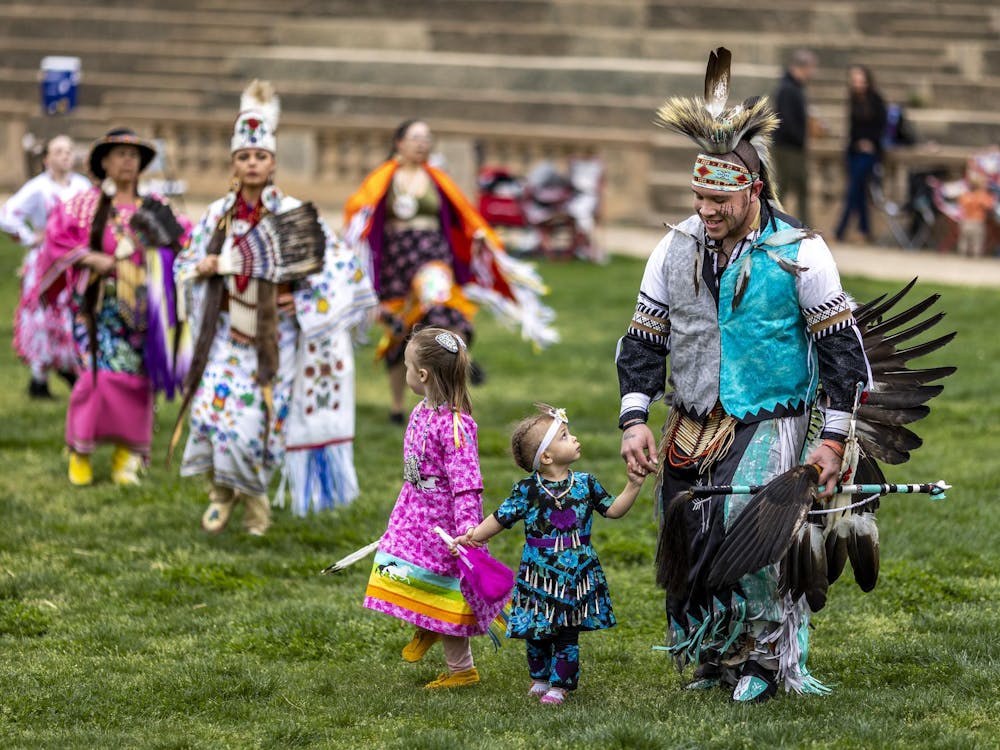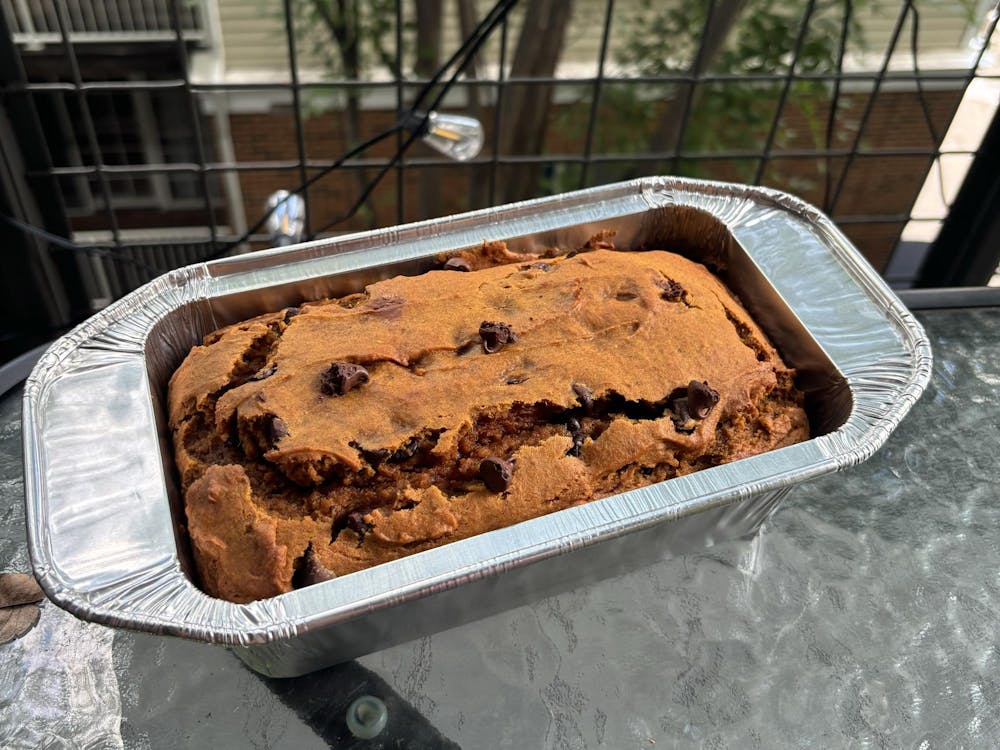Being the inquisitive collegiate intellectual that I am, I often seek retrospection, reflection and procrastination via assorted online quizzes. Throughout this process of self-discovery I have learned such fruitful knowledge as my celebrity doppelganger, my projected lifespan and most recently, the personality I would most likely portray in the series “Gilmore Girls.” Needless to say, I’ve pretty much got myself all figured out now.
I suppose it might help my credibility to mention that I do indeed take more legitimate tests as well. The ever-potent Myers-Briggs test has spat back a variety of personalities diagnoses to me over the years, but my recent retakes have landed me at a consistent “INFP,” representing introversion, intuition, feeling and perception. This is a good omen that hopefully, for now, I have ridden beyond the turbulent wave of teenage emotional change into the calmer waters of adulthood.
Myers-Briggs stamps me with an “I” signifying “introvert.” But I’d like to posit that the “I” in the aforementioned acronym is somewhat obsolete in the modern world. According to this definition, I feel comfortable being alone and enjoy existing in my “inner world.” I suppose my quiz addiction does reflect a healthy appreciation for soul-searching, and I like to believe that I enjoy my personal time by myself, but I’ve noticed an evolution in the meaning of the word “alone.”
For someone such as myself, being alone means existing away from other people. Yet even scoring myself by this self-made definition, I flunk. Yes, I sit in my room with the door shut for a good many hours a day, but I have my phone lighting up at my side and I maintain fairly consistent Facebook updates. Just because I am away from mankind in the flesh does not at all mean that I am separated.
So how often am I actually isolated? Honestly, never.
Even in public settings I sometimes succumb to what I call the 21st-century “fear of waiting.” It’s when you enter a Starbucks line and start scanning the room uncomfortably before reaching for your phone. Even in the immediate presence of others, we feel awkward without some kind of social fulfillment. Modern technology has given us a constant IV-drip of social contact to the point that now I feel sincere discomfort, or perhaps even fear, when I think of being 100 percent alone.
My most recent camping experience, being the first in about five years, testifies to this fear. For me, “camping” usually means being based out of the car, having access to running water and a modern restroom facility, and spending no more than 24 hours away from civilization. This trip, however, included such treacherous activities as hiking in the ice and snow, relying on a fire for light and warmth, and using a rickety, putrid outhouse to powder my nose. After dark, there was literally nothing to do but sleep. And in January, dark came at 5 p.m.
During this hellish 48-hour stretch, I was the closest I had ever been to a nervous breakdown. Handling the situation as maturely as possible, I cried. I was wholeheartedly scared for our safety and wellbeing without cell service, forgetting the comforting knowledge that people go camping all the time and live to tell the tale. I was not alone at all — I had seven of my best friends with me. But despite their patient consolations, I felt starkly alone. It was the miscellaneous people who compose the outside world that I missed. I yearned for the comfort of constant exterior contact should I so desire it.
According to Myer’s Briggs, I am a textbook example of an introvert, yet I am tempted to question the integrity of that classification for myself and for our population in general. Introversion seems near impossible and even undesirable in our networked world. Certainly aspects of the term still reign true, but the association of isolation with introversion seems to be waning.




